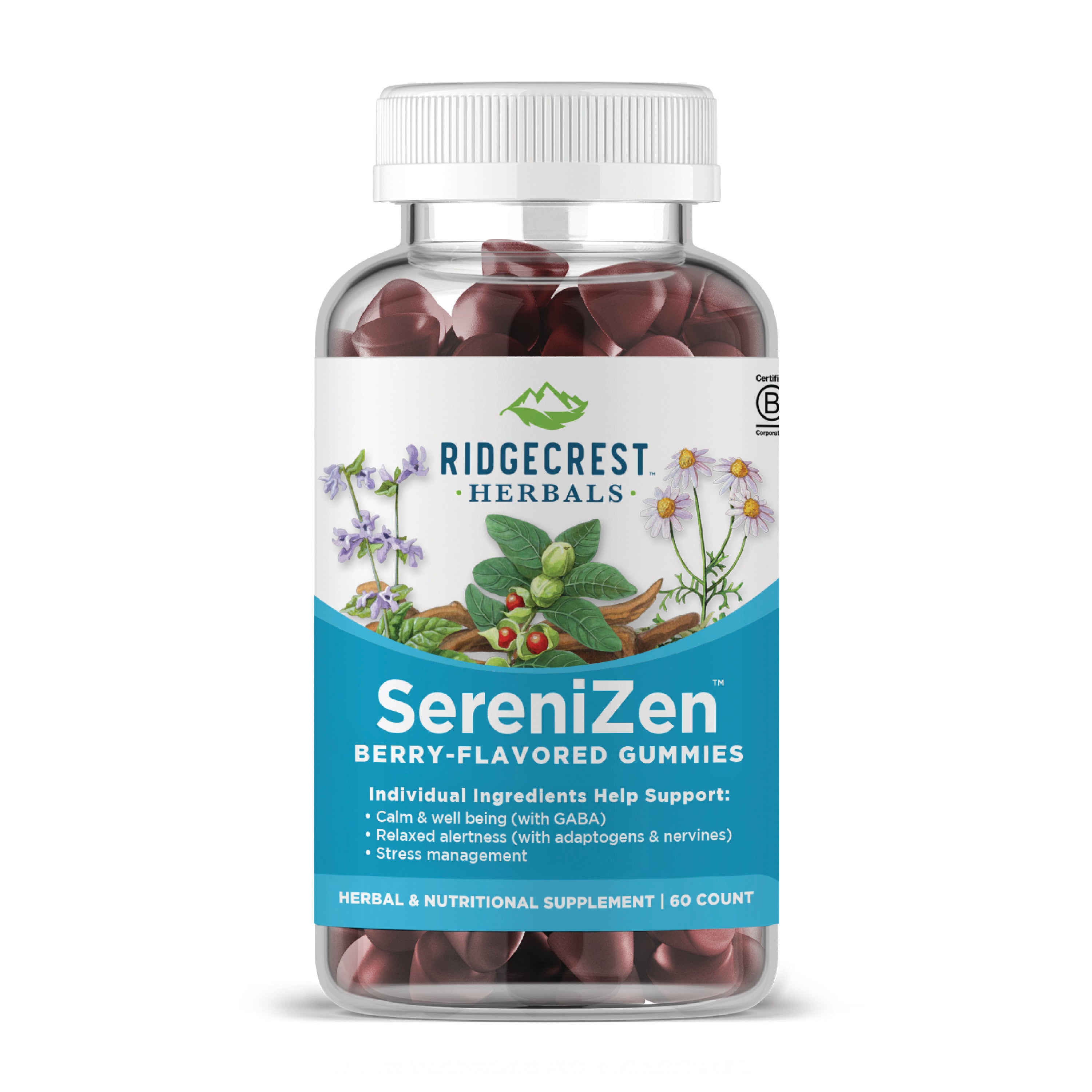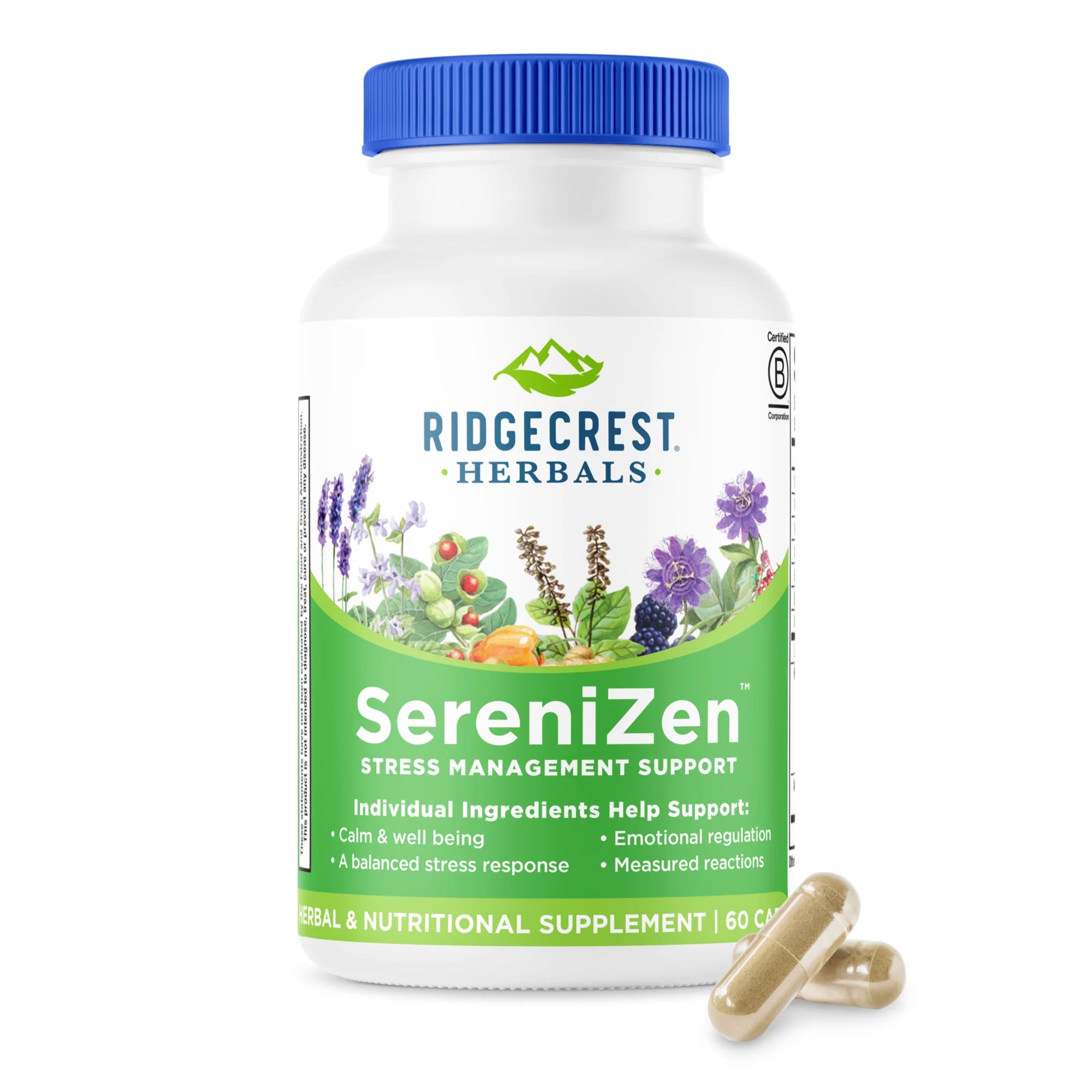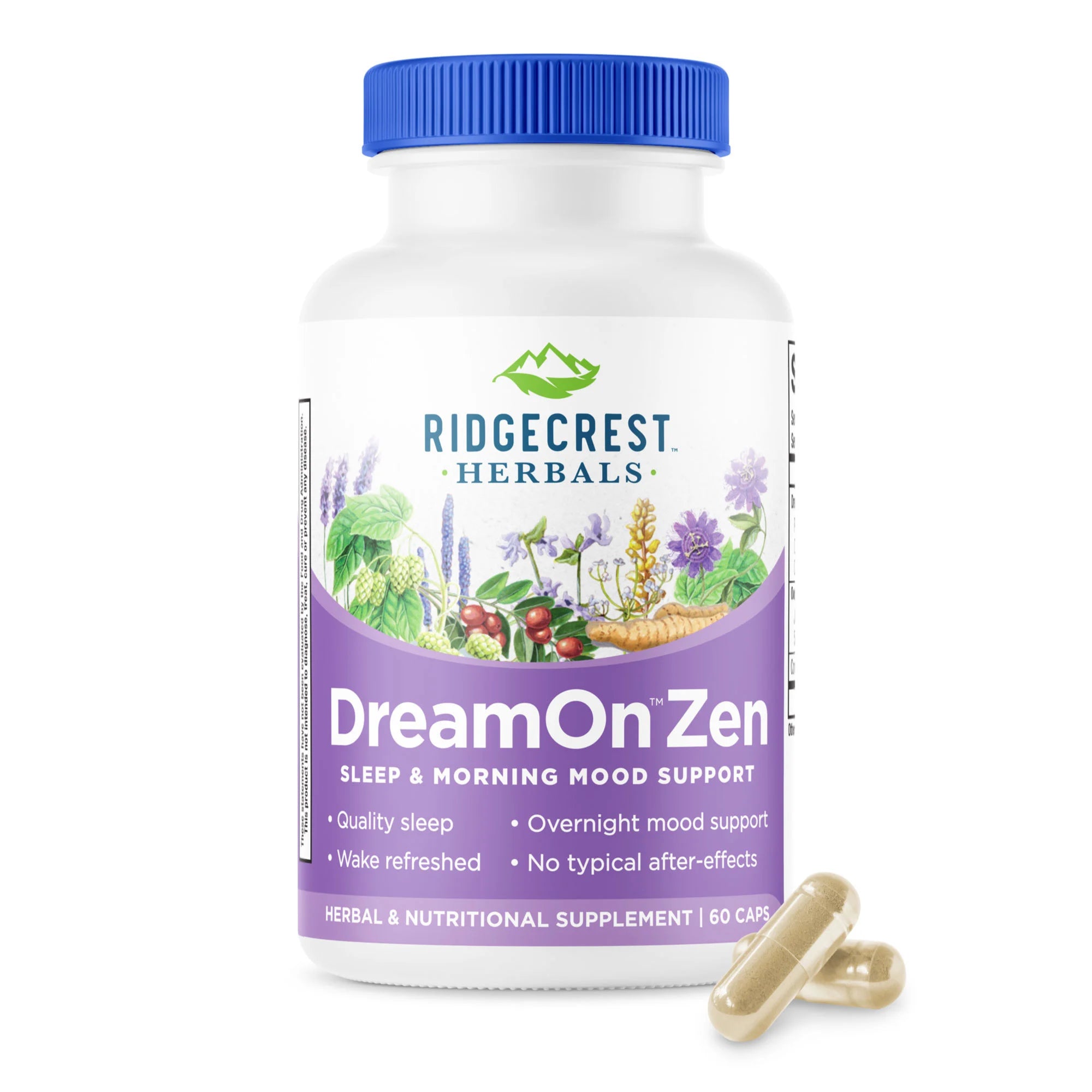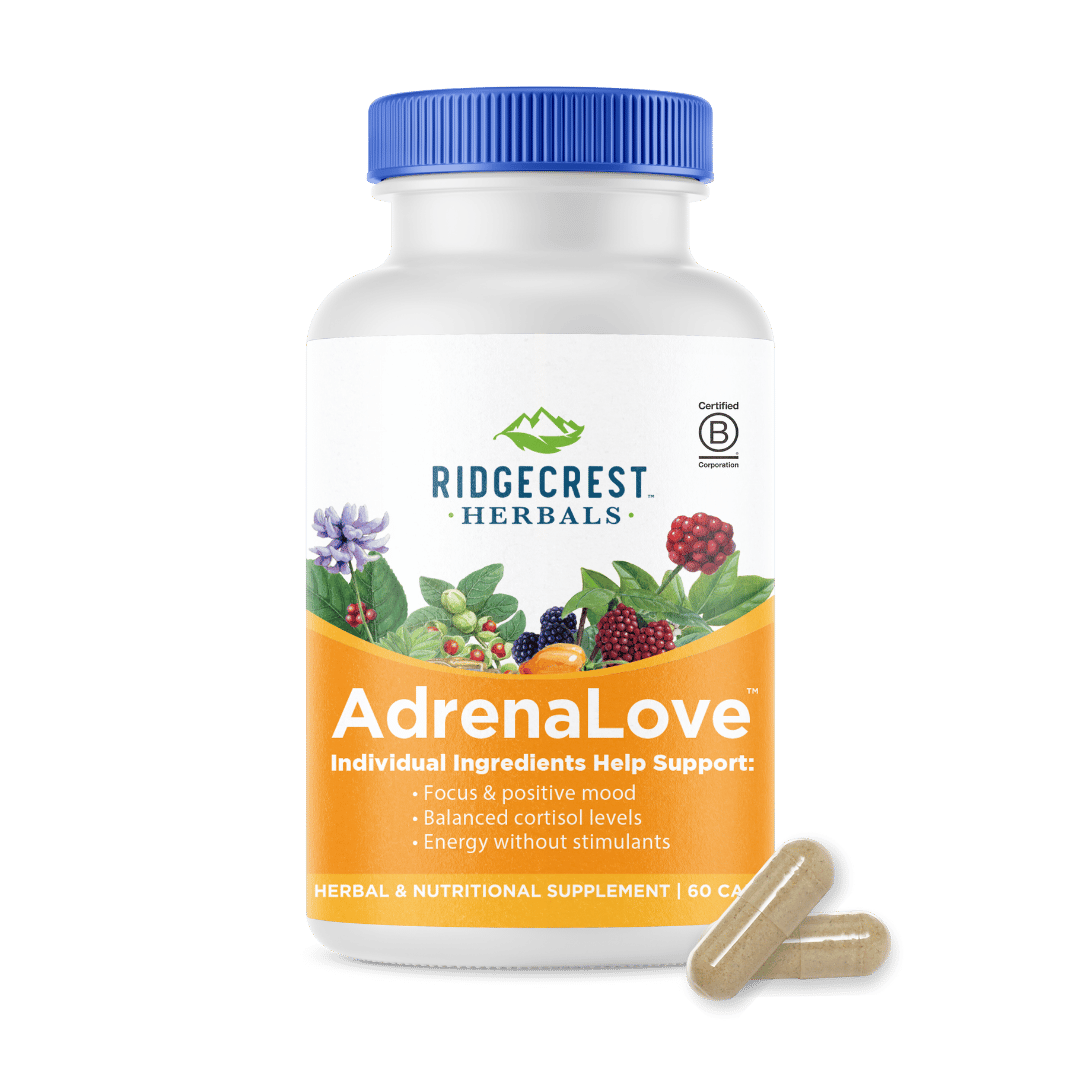The Power of an 8-Second Hug: How Meaningful Touch Can Transform Your Health
One of my favorite people, the late Collin Kartchner, was known as a great leader and he influenced many kids across the country. It is because of him that I learned about the “8-second hug.”
Scientific research supports that hugs lasting anywhere from five to twenty seconds have a far greater impact on our health and emotional well-being compared to quick embraces (Dueren et al., 2021; Grewen et al., 2003). Even the pressure of the hug—not too hard, not too soft—matters and can leave a significant impression on our nervous system (Yoshida et al., 2020).
Why an 8-Second Hug Matters
Hugging for eight seconds or longer has been shown to have a wide range of health benefits, both physical and mental. When we hug, the body releases oxytocin—often called the “love hormone”—while also boosting serotonin levels (Penn State, 2015). This natural chemical reaction helps us feel calm, connected, and cared for.
Research shows that hugging can:
- Reduce stress hormones like cortisol (Sumioka et al., 2013)
- Improve positive communication between individuals (Shiomi et al., 2017)
- Strengthen immune system health (Rea, 2014)
- Help with aches and pains through natural pain relief (Raalte & Floyd, 2020)
- Support heart health by lowering blood pressure (Amico, 2005)
- Improve sleep quality (Dueren et al., 2021)
- Calm anxiety by signaling safety to the autonomic nervous system (Gurun, 2020)
In short, a longer, intentional hug can act like a mini-meditation session for your body, helping you heal and reset on a chemical level.
The Touch-Deprivation Epidemic
Unfortunately, we live in a touch-deprived society (Pierce, 2020)—a situation made even worse after the isolation of the COVID-19 pandemic. Many people are still carrying emotional residue from prolonged periods without meaningful touch. Now, more than ever, increasing our daily hugs could do a world of good for both our mental and physical health.
A Simple Hugging Acronym
There’s a great acronym I like to use (Escalante, 2020), and it may help you as well:
- H - Hold on tight
- U - Until you relax and
- G - Grow your bond
This simple reminder helps make every hug more intentional, helping deepen connection and maximize the health benefits.
How Many Hugs Do You Really Need?
According to family therapist Virginia Satir,
"We need four hugs a day for survival. We need eight hugs a day for maintenance. We need twelve hugs a day for growth."
Imagine the impact if we all made it a goal to give and receive 8 to 12 meaningful hugs each day! Hugging isn’t just a feel-good gesture—it’s essential for emotional resilience and overall wellness.
Start Your 8-Second Hug Habit Today
If you’re open to the idea, I encourage you to try practicing at least one 8-second hug daily with a willing, consenting partner. It may feel awkward at first, but with time, you'll likely notice an improvement in your mood, stress levels, and general well-being.
A simple hug has the power to change your day—and your health.
---
References
Amico, J. A. (2005, April). More frequent partner hugs and higher oxytocin levels are linked to lower blood pressure and heart rate in premenopausal women. PubMed. Retrieved April 12, 2022, from https://pubmed.ncbi.nlm.nih.gov/15740822/
Dueren, A. L., Perach, R., Banissy, J. F., Bowling, N. C., Gregory, A. M., & Banissy, M. J. (2021, October 18). Associations between tactile intimacy and sleep quality in healthy adults: A systematic review. PubMed. Retrieved April 12, 2022, from https://pubmed.ncbi.nlm.nih.gov/34664333/
Dueren, A. L., Vafeiadou, A., Edgar, C., & Banissy, M. J. (2021, March 26). The influence of duration, arm crossing style, gender, and emotional closeness on hugging behavior. ScienceDirect. Retrieved April 12, 2022, from https://www.sciencedirect.com/science/article/pii/S0001691821001918
Escalante, A. (2020, June 9). Here's How Science Says You Can Give the Perfect Hug. Forbes.com. Retrieved April 12, 2022, from https://www.forbes.com/sites/alisonescalante/2020/06/09/how-to-give-the-perfect-hug-according-to-science/?sh=894a3a15f9f1
Grewen, K. M., Anderson, B. J., Girdler, S. S., & Light, K. C. (2003, Fall). Warm partner contact is related to lower cardiovascular reactivity. PubMed. Retrieved April 12, 2022, from https://pubmed.ncbi.nlm.nih.gov/15206831/
Gurun, G. (2020, December 26). Deep Pressure Therapy: Deconstructed. TruHugs. Retrieved April 12, 2022, from https://truhugs.com/research-science/do-weighted-blankets-work-deep-pressure-therapy/
Penn State. (2015, September 18). The Benefits of Hugging | SiOWfa15: Science in Our World: Certainty and Controversy. Sites at Penn State. Retrieved April 12, 2022, from https://sites.psu.edu/siowfa15/2015/09/18/the-benefits-of-hugging/
Pierce, S. (2020, May 15). Touch starvation is a consequence of COVID-19's physical distancing - TMC News. Texas Medical Center. Retrieved April 12, 2022, from https://www.tmc.edu/news/2020/05/touch-starvation/
Raalte, L. J. v., & Floyd, K. (2020, November 25). Daily Hugging Predicts Lower Levels of Two Proinflammatory Cytokines. Taylor & Francis Online. Retrieved April 12, 2022, from https://www.tandfonline.com/doi/abs/10.1080/10570314.2020.1850851
Rea, S. (2014, December 17). Hugs Help Protect Against Stress and Infection, Say Carnegie Mellon Researchers. Carnegie Mellon University. Retrieved April 12, 2022, from https://www.cmu.edu/news/stories/archives/2014/december/december17_hugsprotect.html
Shiomi, M., Nakata, A., Kanbara, M., & Hagita, N. (2017, December 14). A hug form a robot encourages prosocial behavior. IEEE Xplore. Retrieved April 12, 2022, from https://ieeexplore.ieee.org/abstract/document/8172336
Sumioka, H., Nakae, A., Kanai, R., & Ishiguro, H. (2013, October 23). Huggable communication medium decreases cortisol levels. Scientific Reports. Retrieved April 12, 2022, from https://www.nature.com/articles/srep03034
Yoshida, S., Kawahara, Y., Sasatani, T., Kiyono, K., Kobayashi, Y., & Funato, H. (2020, April 24). Infants Show Physiological Responses Specific to Parental Hugs. iScience. Retrieved April 12, 2022, from https://www.cell.com/iscience/pdf/S2589-0042(20)30180-2.pdf?_returnURL=https%3A%2F%2Flinkinghub.elsevier.com%2Fretrieve%2Fpii%2FS2589004220301802%3Fshowall%3Dtrue








Leave a comment
All comments are moderated before being published.
This site is protected by hCaptcha and the hCaptcha Privacy Policy and Terms of Service apply.